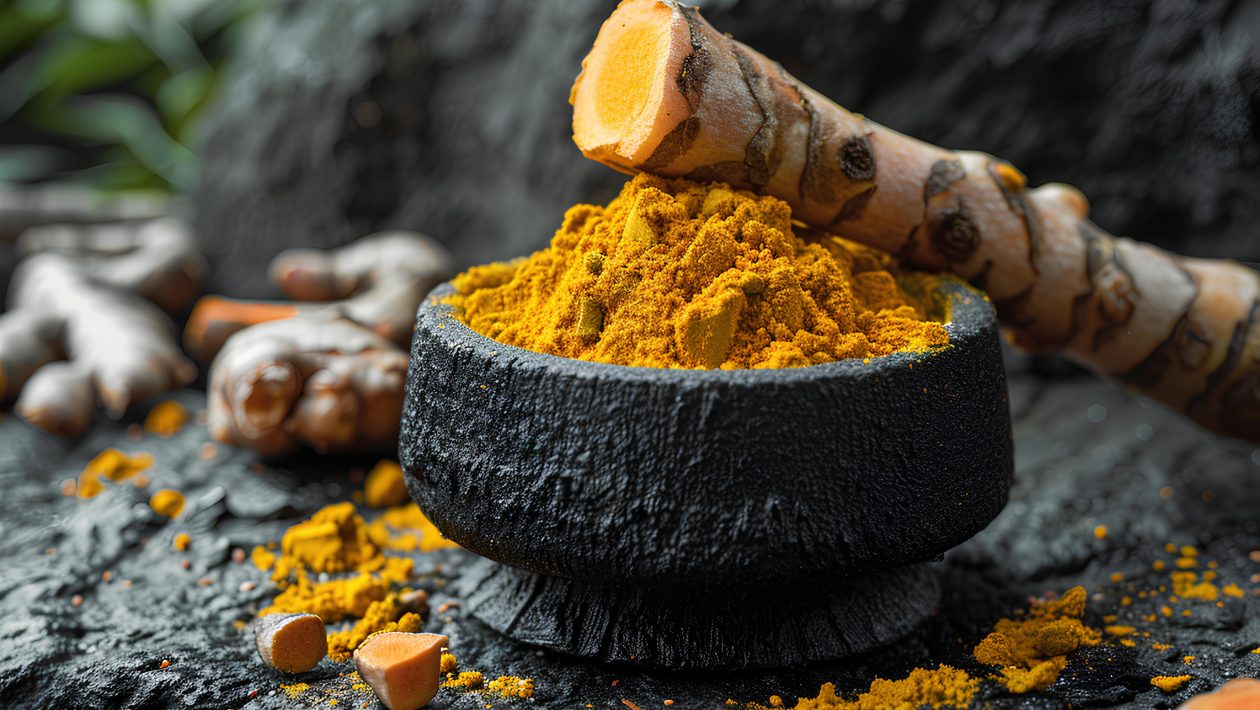One of the most useful spices for supporting digestive health, particularly for the pancreas and intestines, is **turmeric**. This vibrant yellow spice, derived from the root of the Curcuma longa plant, has been used for centuries in traditional medicine and cooking, particularly in South Asian cuisine. Here’s a closer look at how turmeric benefits the pancreas and intestines.
**Health Benefits of Turmeric**
**1. Anti-Inflammatory Properties**
Turmeric contains **curcumin**, a powerful compound known for its anti-inflammatory effects. Chronic inflammation is linked to various digestive disorders, including pancreatitis and irritable bowel syndrome (IBS). By reducing inflammation, turmeric can help alleviate symptoms and promote overall digestive health.
**2. Antioxidant Effects**
Curcumin is also a potent antioxidant, helping to neutralize free radicals in the body. This property protects the cells of the pancreas and intestines from oxidative stress, which can lead to cellular damage and dysfunction.
**3. Support for Pancreatic Health**
Research suggests that curcumin may help improve pancreatic function. It has been shown to enhance insulin sensitivity and regulate blood sugar levels, making it beneficial for individuals with diabetes or those at risk of developing the condition.
**4. Digestive Aid**
Turmeric can stimulate bile production in the liver, which is essential for fat digestion. Improved bile flow aids in the breakdown of food and absorption of nutrients in the intestines, promoting better digestive health.
**5. Antimicrobial Properties**
Turmeric possesses antimicrobial properties that can help balance gut flora. A healthy gut microbiome is crucial for optimal digestion and overall gut health. By inhibiting the growth of harmful bacteria, turmeric can contribute to a healthier digestive environment.
**How to Incorporate Turmeric into Your Diet**
– **Golden Milk**: Combine turmeric with warm milk (dairy or plant-based), a pinch of black pepper (to enhance absorption), and honey for a soothing drink.
– **Smoothies**: Add a teaspoon of turmeric powder to your favorite smoothie for an antioxidant boost.
– **Curries and Soups**: Use turmeric as a base for curries, soups, or stews for a flavorful and nutritious meal.
– **Supplements**: If you prefer, turmeric is available in supplement form, but it’s best to consult a healthcare professional before starting any new supplement regimen.
**Conclusion**
Turmeric is not just a culinary spice; it is a powerful ally for digestive health, particularly for the pancreas and intestines. Its anti-inflammatory, antioxidant, and digestive-supporting properties make it a valuable addition to a healthy diet. Incorporating turmeric into your meals can contribute to improved digestive function and overall well-being.

